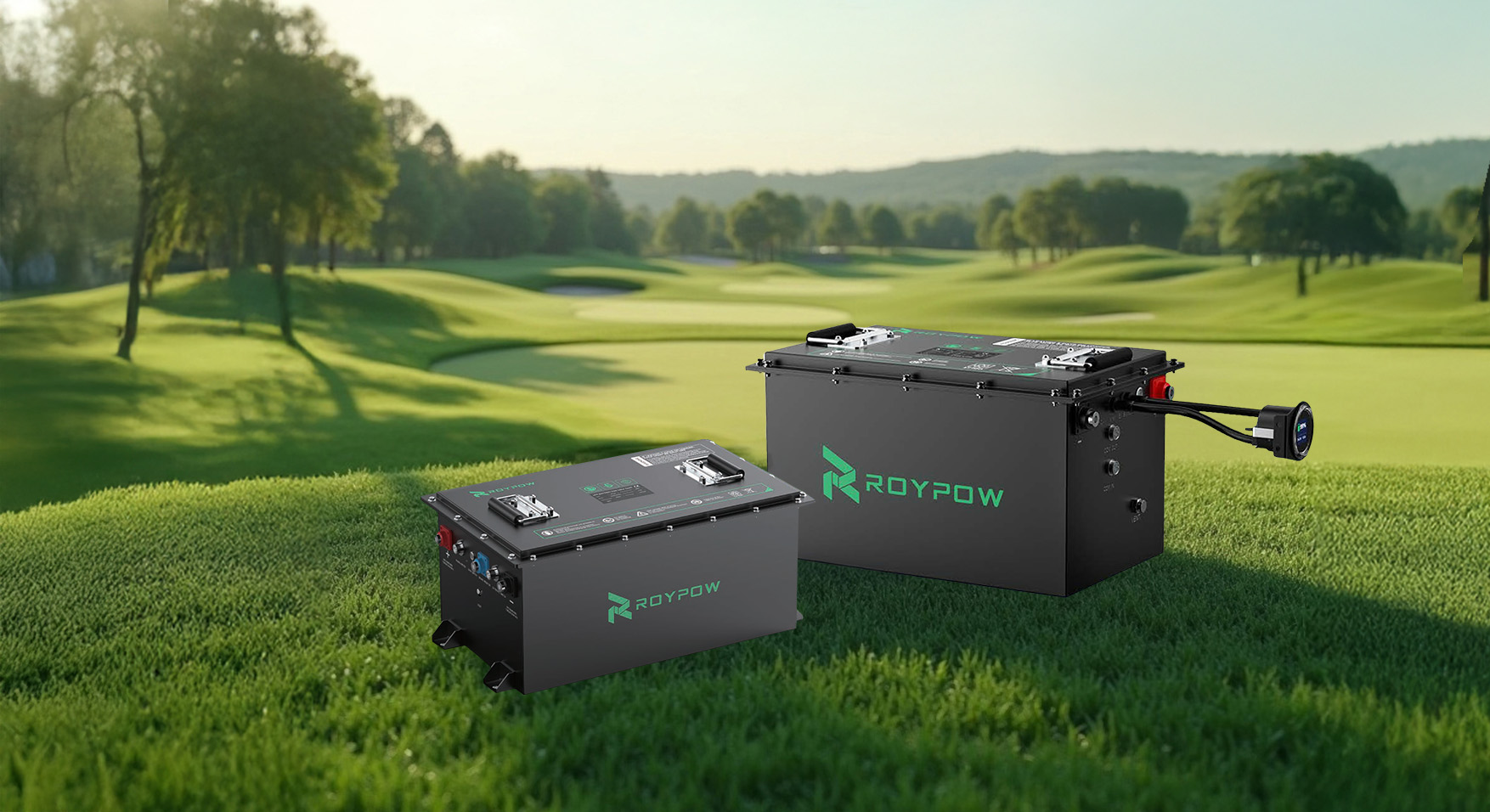

When it comes to electric Club Cars, the battery is more than just a power source, it’s the heart of your vehicle. Whether you’re driving across a golf course, patrolling a resort, or transporting guests in a hotel compound, your Club Car’s performance, longevity, and reliability all depend on the battery system that powers it. Choosing the right battery isn’t just a matter of buying what’s popular, it’s about understanding your needs, usage patterns, and the strengths of each battery technology.
Why Your Battery Matters
A Club Car powered by a high-performance battery will deliver smoother rides, longer operating hours, faster charging, and reduced maintenance over time. On the other hand, a mismatched or aging battery can lead to frequent downtimes, decreased range, and costly replacements. That’s why selecting the right battery technology from the beginning is crucial, especially if your fleet operates in demanding conditions or for long periods daily.
Two of the most widely used battery technologies for electric Club Cars are deep-cycle lead-acid and lithium-ion. Each comes with unique advantages and trade-offs, depending on your operational goals.
Deep-Cycle Lead-Acid Batteries: Durable and Familiar
Deep-cycle lead-acid batteries have long been the standard in electric vehicles, including Club Cars. Known for their reliability and capacity to deliver sustained power output, they’re a go-to choice for users who value proven performance.
These batteries are ideal in environments where routine maintenance isn’t a problem and where vehicles are charged overnight. While they tend to be heavier and require more attention, their upfront cost is typically lower, making them an attractive choice for budget-conscious operations.
|
Pros of Deep-Cycle Lead-Acid Batteries |
Cons of Deep-Cycle Lead-Acid Batteries |
|
Lower upfront cost |
Requires regular maintenance |
|
Suitable for moderate daily use |
Longer charging time |
|
Widely available and serviceable |
Heavier than lithium alternatives |
Lithium-Ion Batteries: Efficient and Low Maintenance
Lithium-ion batteries, on the other hand, are gaining popularity because they offer fast charging, higher energy efficiency, and are virtually maintenance-free. Their lightweight design can improve vehicle range and responsiveness, while integrated battery management systems help optimize performance and safety.
Ideal for golf cart owners who are looking for convenience, high performance, and lower total cost of ownership in the long run. In addition, lithium batteries are especially suited to high-usage environments where downtime needs to be minimized.
|
Pros of Lithium-Ion Batteries |
Cons of Lithium-Ion Batteries |
|
Maintenance-free and hassle-free operation |
Higher upfront cost |
|
Fast charging (usually within 2-3 hours) |
Requires compatibility checks for older Club Car models |
|
Lightweight, improving vehicle range and performance |
|
|
Longer lifespan than lead-acid batteries |
So, Which One Should You Choose?
Choosing between deep-cycle lead-acid and lithium-ion batteries depends on your usage patterns and operational priorities:
|
Go for deep-cycle lead-acid if: |
Choose Lithium-Ion if: |
|
You want a lower upfront investment |
You need fast charging and high efficiency |
|
You’re comfortable with regular battery maintenance |
You prefer a maintenance-free solution |
|
Your fleet usage is moderate and downtime isn’t critical |
Your fleet operates for extended hours with minimal downtime |
Ultimately, the best battery for your Club Car is the one that aligns with your day-to-day needs. Understanding how each battery type performs will help you make an informed decision so your vehicle stays powered, productive, and ready for whatever comes next.
Connect with Club Car Indonesia today to help you assess your Club Car’s usage, and to find the power solution that keeps your vehicle running at its best.



